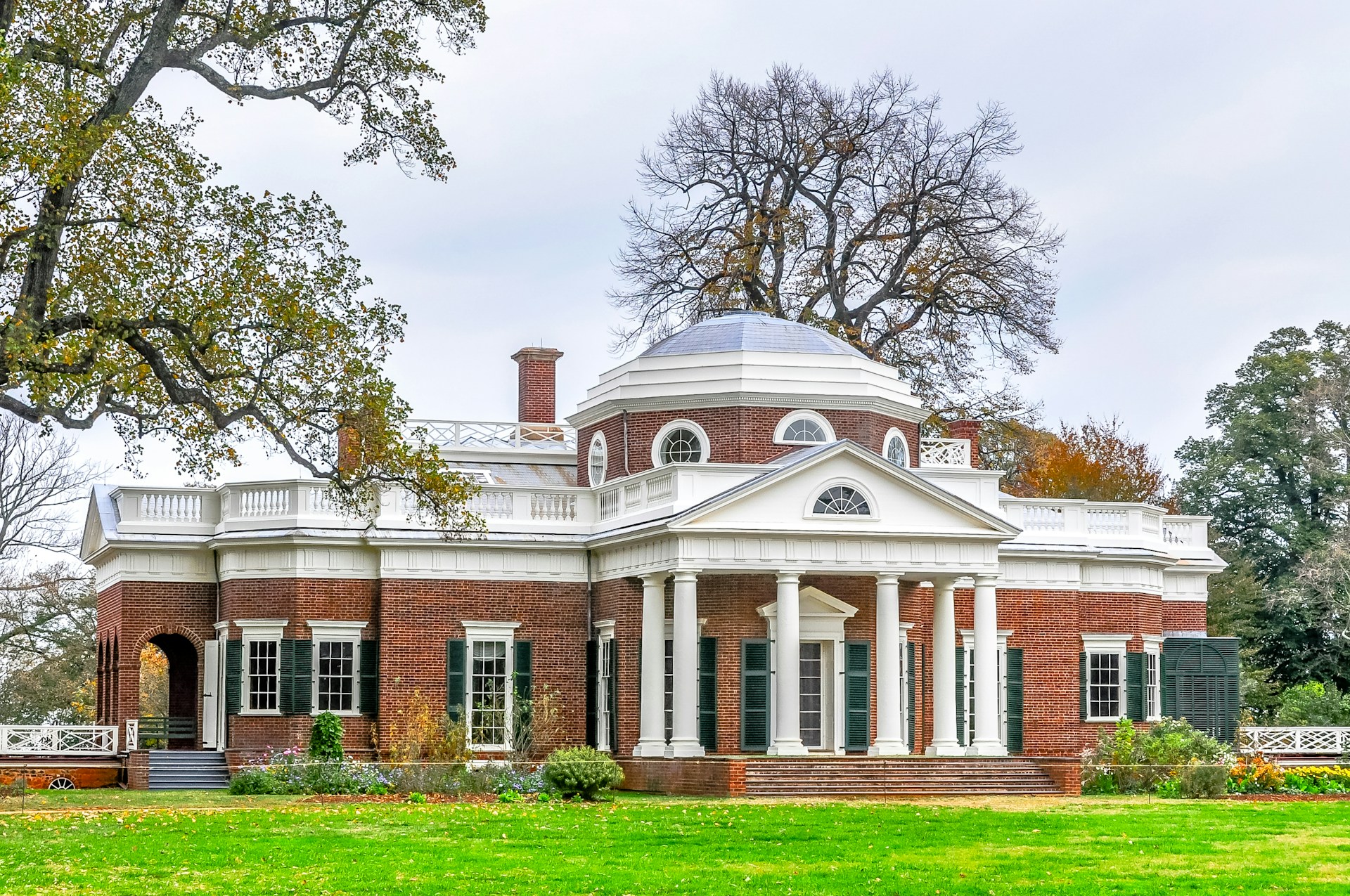Here are some of the most notable historical sites that reflect the United States' journey:
1. Independence Hall (Philadelphia, Pennsylvania)
- Significance: The birthplace of the United States, where the Declaration of Independence and the U.S. Constitution were debated and adopted.
- Highlights: Visitors can tour the hall and see the Liberty Bell, a symbol of American independence.
2. Mount Vernon (Virginia)
- Significance: The plantation home of George Washington, the first President of the United States.
- Highlights: The estate includes Washington's mansion, museum, and beautiful gardens, offering insights into his life and the early republic.
3. Gettysburg National Military Park (Pennsylvania)
- Significance: The site of the pivotal Civil War battle in 1863, which marked a turning point in the war.
- Highlights: The park features a visitor center, battlefield tours, and the Gettysburg Address memorial.
4. The Alamo (San Antonio, Texas)
- Significance: A historic mission and the site of a key battle in the Texas Revolution against Mexico in 1836.
- Highlights: The Alamo is a symbol of resistance and bravery, with a museum detailing its history.
5. Statue of Liberty (New York City, New York)
- Significance: A gift from France, the statue represents freedom and democracy and has welcomed millions of immigrants to America.
- Highlights: Visitors can explore Liberty Island and climb to the crown for stunning views of the city.
6. National Mall (Washington, D.C.)
- Significance: A central hub of American history, featuring monuments and memorials dedicated to key figures and events.
- Highlights: Notable sites include the Lincoln Memorial, Washington Monument, and the Vietnam Veterans Memorial.
7. Pearl Harbor National Memorial (Hawaii)
- Significance: The site of the surprise attack by Japan on December 7, 1941, which led to the U.S. entering World War II.
- Highlights: The memorial includes the USS Arizona Memorial, honoring those who lost their lives during the attack.
8. Civil Rights Institute (Birmingham, Alabama)
- Significance: A museum and memorial dedicated to the American civil rights movement.
- Highlights: The institute provides an in-depth look at the struggle for civil rights and social justice in the U.S.
9. Monticello (Virginia)
- Significance: The plantation home of Thomas Jefferson, the third President and principal author of the Declaration of Independence.
- Highlights: The estate showcases Jefferson's architectural genius and his complex legacy regarding slavery and freedom.
10. Wounded Knee (South Dakota)
- Significance: The site of the 1890 massacre of Lakota Sioux by U.S. troops, representing a tragic chapter in Native American history.
- Highlights: The site serves as a memorial to the lives lost and the struggles of Native Americans.
Conclusion
These historical sites not only commemorate significant events and figures in American history but also serve as reminders of the ongoing journey toward a more inclusive and equitable society. Visiting these locations offers a deeper understanding of the complexities and narratives that have shaped the United States.












